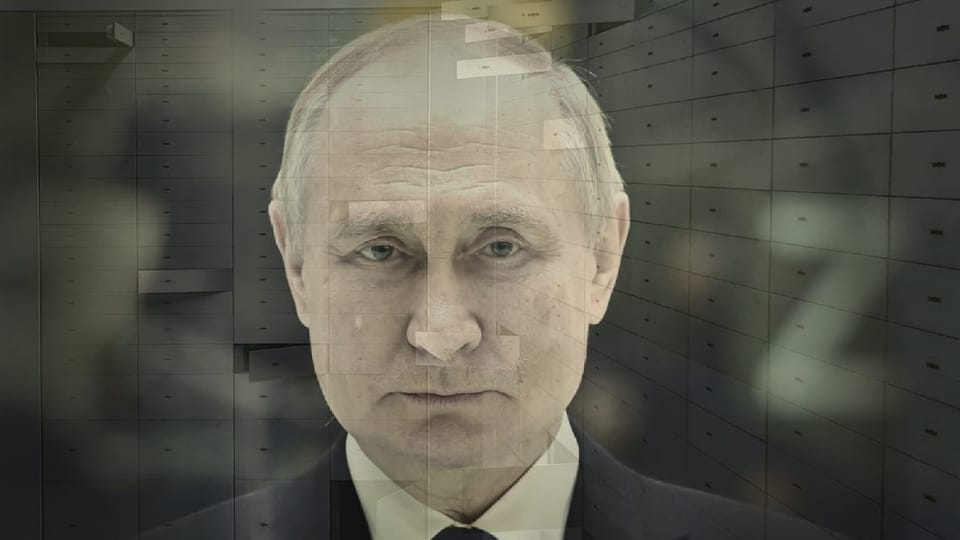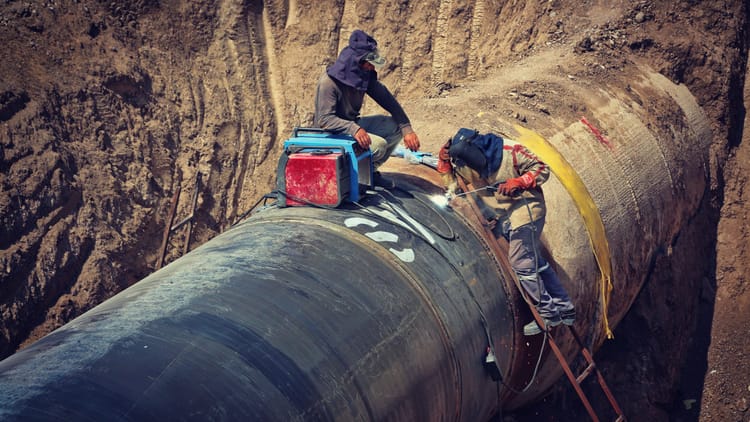Cold cash

When Russian forces invaded Ukraine in 2022, the European Union moved quickly to freeze €200 billion in funds belonging to Russia’s central bank. That’s more than two-thirds of the roughly US$300 billion in Russian foreign reserves frozen across the West in total. The bulk of these funds in Europe—€183 billion—now sits immobilized within Euroclear, a Belgian bank and securities depository.
Crucially, frozen doesn’t mean taken; the funds are still technically Russian property. And the whole arrangement has an ongoing expiration date: Unless all 27 EU member states unanimously agree to renew the sanctions every six months, these reserves could be returned to Moscow, potentially undermining Europe’s diplomatic credibility—and risking Ukraine’s entire future. So now what?
Sir William Browder is the head of the Global Magnitsky Justice Campaign, a London-based organization that promotes targeted visa bans and asset freezes on human rights abusers and highly corrupt officials around the world—which he established following the death of his lawyer Sergei Magnitsky in Russian police custody in 2009. Browder says it’s an unsustainable risk for the EU to continue cycling through its existing sanction renewals. For one, it’s increasingly likely that, under the new U.S. administration, America’s financial backing for Ukraine’s war effort will dry up—meaning Ukraine’s defense will need alternative sources of funding. And meanwhile, Hungary, and now Slovakia—two Kremlin-friendly EU member nations, emboldened by U.S. President Donald Trump’s move away from Kyiv toward Moscow—are threatening to veto renewal. Which make it urgent, Browder says, that the EU seize the funds once and for all.
The complication is that there’s resistance to the idea, not just from Moscow’s friends in the EU but from Kyiv’s allies, not least in Brussels, where Euroclear is based. They’re anxious—about legal ramifications, as well as the implications for other countries about what could happen to them if they put their money in European financial institutions …
John Jamesen Gould: Who exactly froze these funds to begin with—and how?






